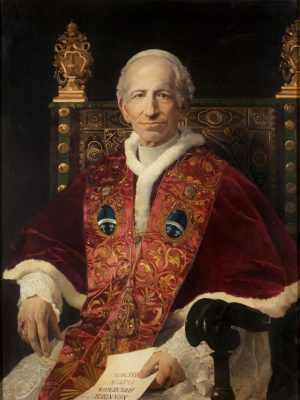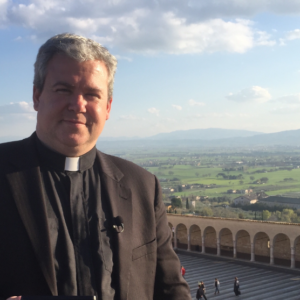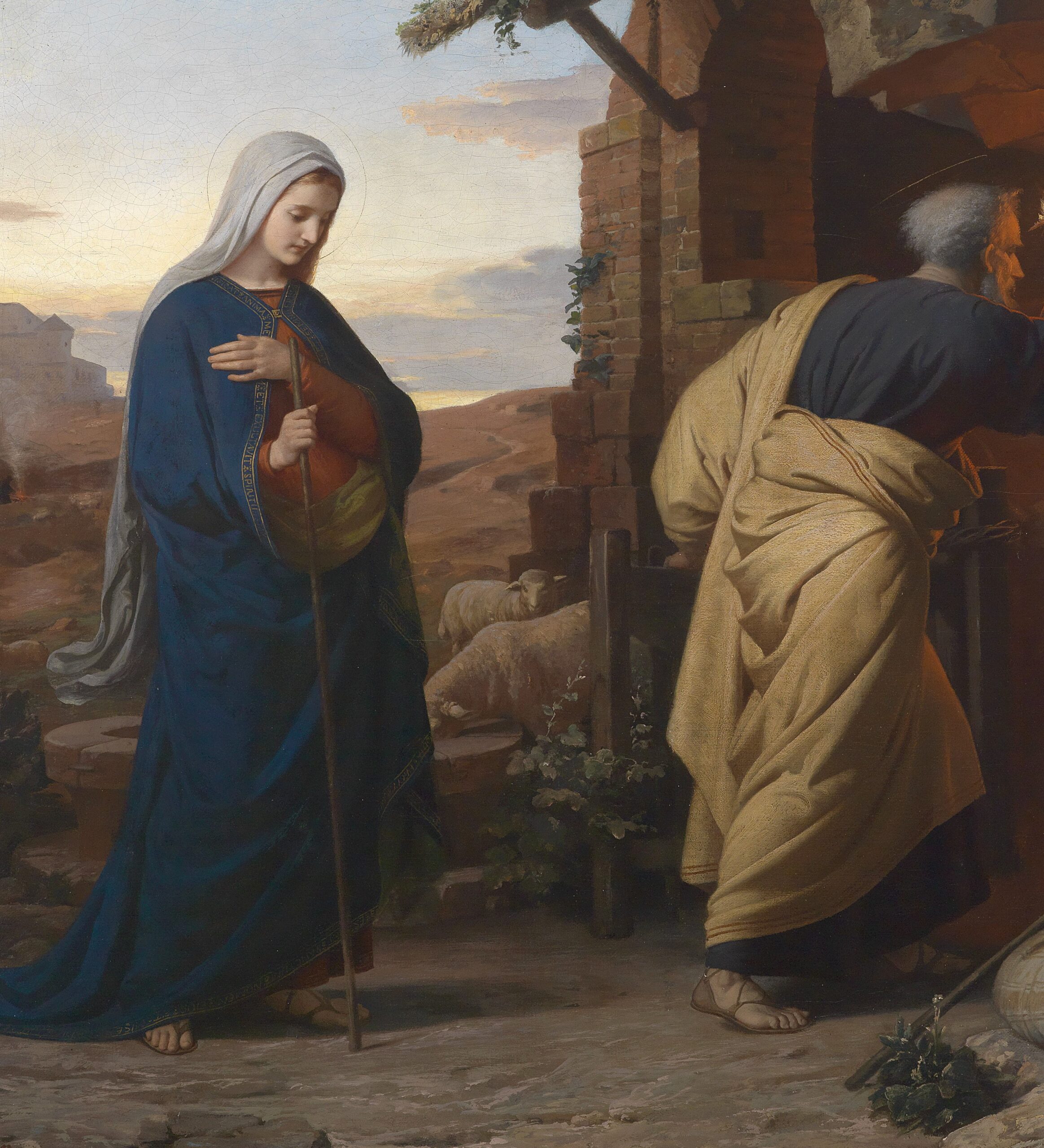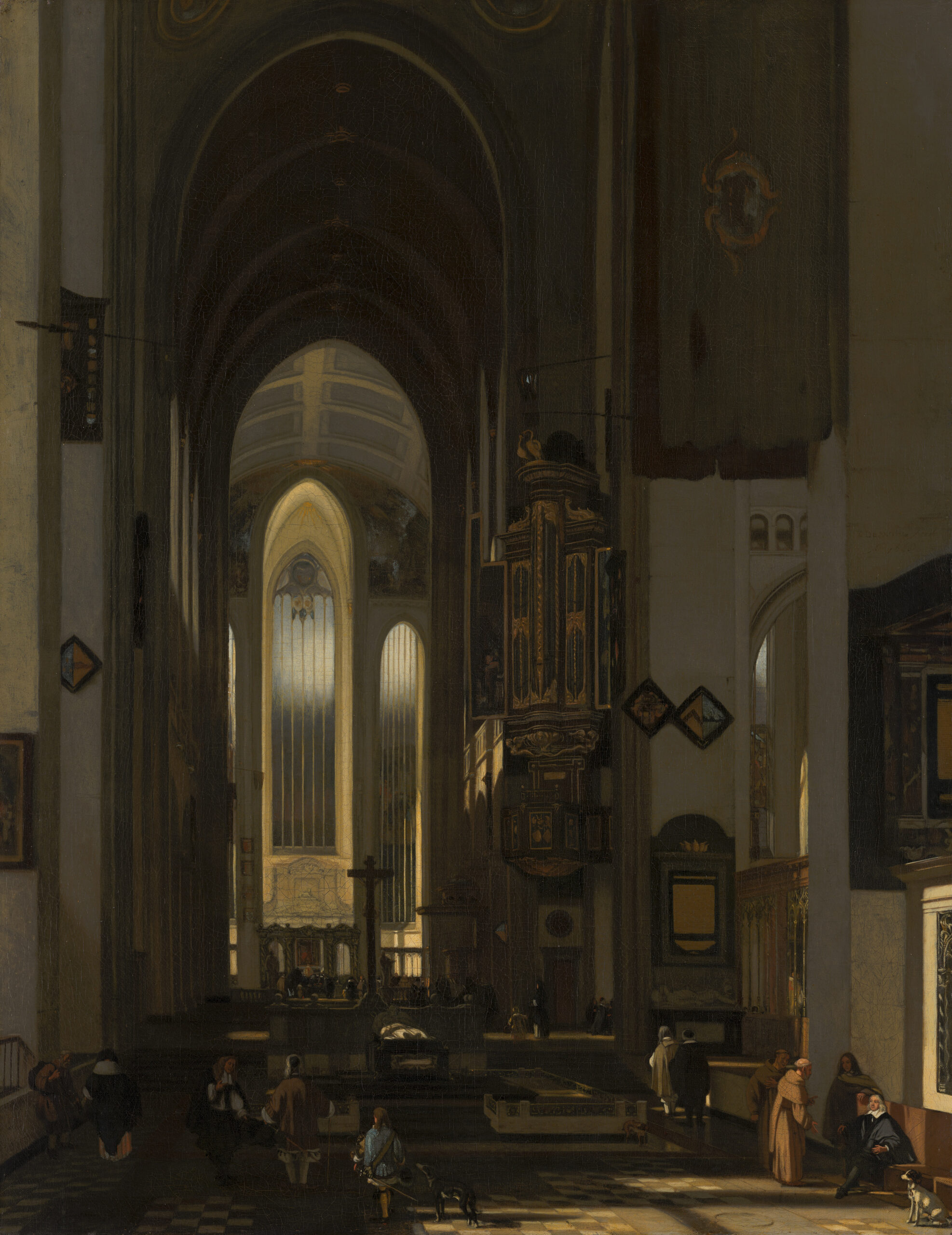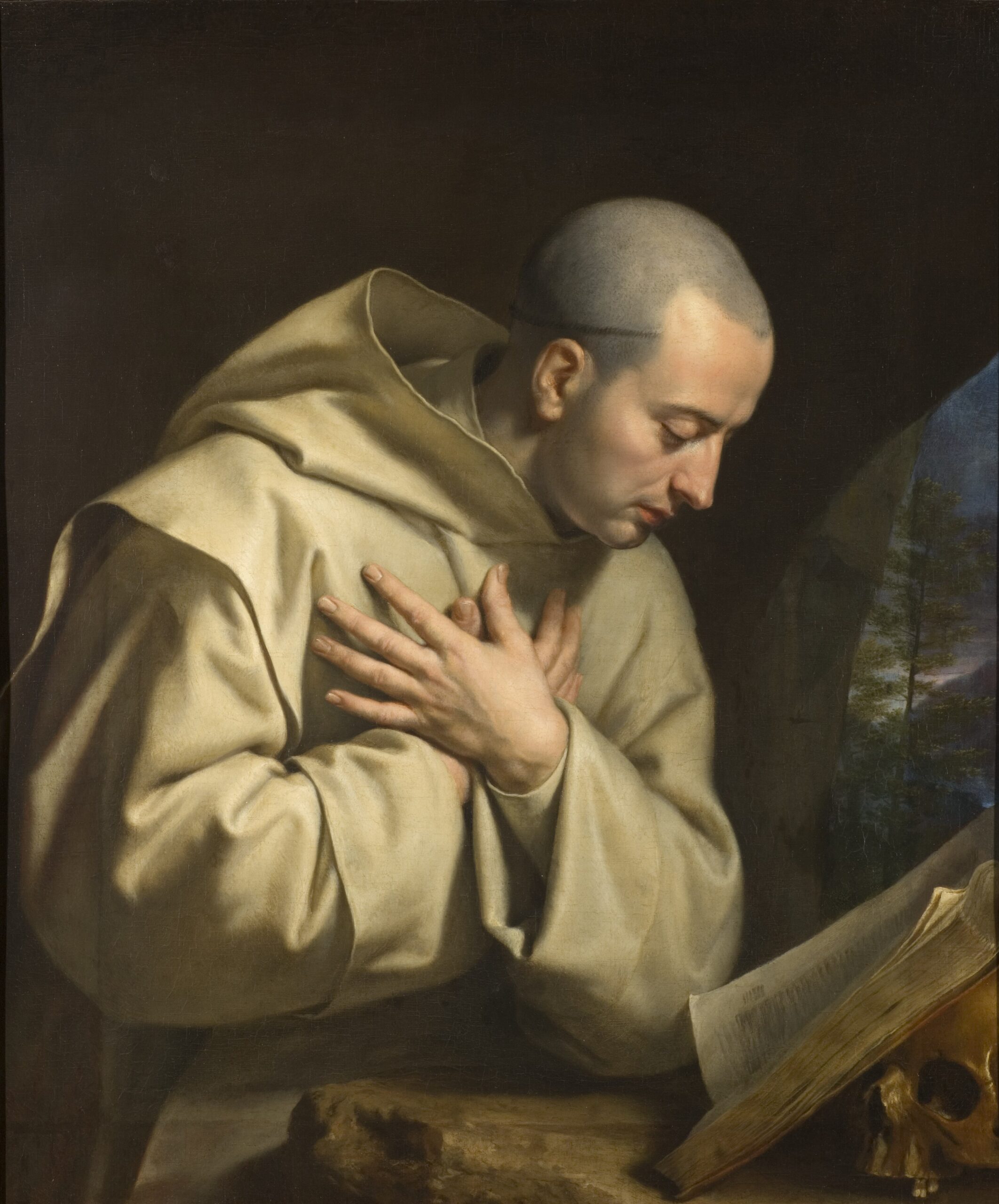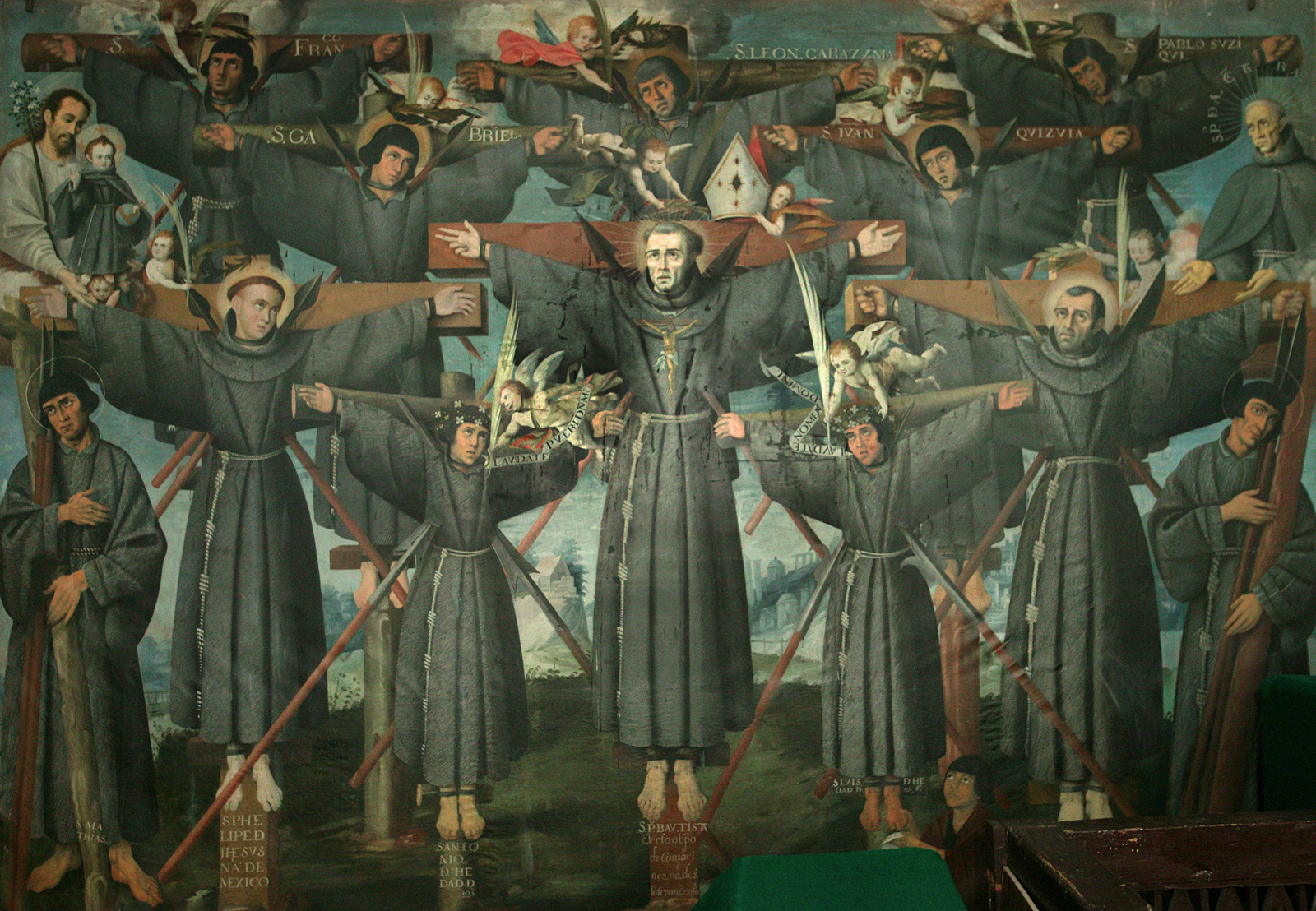What were the political beliefs of the holy Pope Leo XIII? Read 3 stirring excerpts from Leo XIII’s encyclicals to learn more about our new pope’s namesake!
The Recruits of Socialism
As the First Vatican Council was in session, revolutionaries attacked Rome and violently usurped the Papal States from the Bishop of Rome. Pope Blessed Pius IX fled to the Vatican. It was one of the Church’s darkest hours. Europe seemed to have abandoned the faith, the Church was ousted from civic society, marriage and family life were being redefined, and the pope was now a prisoner in the Vatican. In this arena, Pius IX died and Pope Leo XIII, our 256th pope, was raised to the Chair of Saint Peter. He chose the name “Leo” in honor of Pope Leo the Great who had fought the Huns at the gates of Rome. Now, he had to fight new Huns. He began by immediately exposing the socialists and other leaders of the revolution.
But you, venerable brethren, who know the origin and the drift of these gathering evils, strive with all your force of soul to implant the Catholic teaching deep in the minds of all. Strive that all may have the habit of clinging to God with filial love and revering His divinity from their tenderest years; that they may respect the majesty of princes and of laws; that they may restrain their passions and stand fast by the order which God has established in civil and domestic society. Moreover, labor hard that the children of the Catholic Church neither join nor favor in any way whatsoever this abominable sect; let them show, on the contrary, by noble deeds and right dealing in all things, how well and happily human society would hold together were each member to shine as an example of right doing and of virtue. In fine, as the recruits of socialism are especially sought among artisans and workmen, who, tired, perhaps, of labor, are more easily allured by the hope of riches and the promise of wealth, it is well to encourage societies of artisans and workmen which, constituted under the guardianship of religion, may tend to make all associates contented with their lot and move them to a quiet and peaceful life.
—Pope Leo XIII, Encyclical Quod Apostolici Muneris, sec. 11 (AD 1878)
The Evil of Unhallowed Marriages
Holy Matrimony is a gift from God. It is the raising up of natural marriage to the degree of a sacrament. The enemies of the Church have always understood the power of marriage and family life. The revolutionaries degraded marriage and claimed it was only a civil contract. Eventually, no-fault divorce, cohabitation, fornication, and adultery were falsely considered signs of independence and freedom. The corroding of marriage and family life was the key to dismantling society and replacing community with the sovereign self and the common good with a raw will to power. As the Vicar of Jesus Christ, Pope Leo XIII saw their deception and called believers back to the sacredness of marriage.
Marriage, moreover, is a sacrament. . . . But the form and image of these nuptials is shown precisely by the very bond of that most close union in which man and woman are bound together in one; which bond is nothing else but the marriage itself. Hence it is clear that among Christians every true marriage is, in itself and by itself, a sacrament; and that nothing can be further from the truth than to say that the sacrament is a certain added ornament, or outward endowment, which can be separated and torn away from the contract at the caprice of man. Neither, therefore, by reasoning can it be shown, nor by any testimony of history be proved, that power over the marriages of Christians has ever lawfully been handed over to the rulers of the State. If, in this matter, the right of anyone else has ever been violated, no one can truly say that it has been violated by the Church. Would that the teaching of the naturalists, besides being full of falsehood and injustice, were not also the fertile source of much detriment and calamity! But it is easy to see at a glance the greatness of the evil which unhallowed marriages have brought, and ever will bring, on the whole of human society.
—Pope Leo XIII, Encyclical Arcanum, sec. 24 (AD 1880)
The Sacred Heart and the Twentieth Century
The Sacred Heart of Jesus is the refuge and sanctuary of humanity. In His heart, we find the strength and consolation we need. It is a force for good and a power for holiness. At the end of the nineteenth century, Pope Leo XIII dedicated the twentieth century to the Sacred Heart. He begged the Sacred Heart to help humanity in its struggles and to redirect it back to the Gospel way of life. The pope was said to have had prophecies about the evils of the twentieth century. In addition to the Sacred Heart dedication, he also wrote and promoted the Saint Michael the Archangel prayer. In these actions, he modeled for us how we should always respond to hardship and difficulty with deeper prayer and spiritual surrender to God.
And since there is in the Sacred Heart a symbol and a sensible image of the infinite love of Jesus Christ which moves us to love one another, therefore is it fit and proper that we should consecrate ourselves to His most Sacred Heart. . . . Such an act of consecration . . . gives to States a hope of better things. In these latter times especially, a policy has been followed which has resulted in a sort of wall being raised between the Church and civil society. In the constitution and administration of States the authority of sacred and divine law is utterly disregarded. . . . This policy almost tends to the removal of the Christian faith from our midst. . . . When men’s minds are raised to such a height of insolent pride, what wonder is it that the greater part of the human race should have fallen into such disquiet of mind and be buffeted by waves so rough that no one is suffered to be free from anxiety and peril? When religion is once discarded it follows of necessity that the surest foundations of the public welfare must give way, whilst God, to inflict on His enemies the punishment they so richly deserve, has left them the prey of their own evil desires.
—Pope Leo XIII, Encyclical Annum Sacrum, sec. 8, 10 (AD 1899)
ooo
This article is taken from a chapter in A Year with the Popes by Fr. Jeffrey Kirby, STD which is available from TAN Books.


